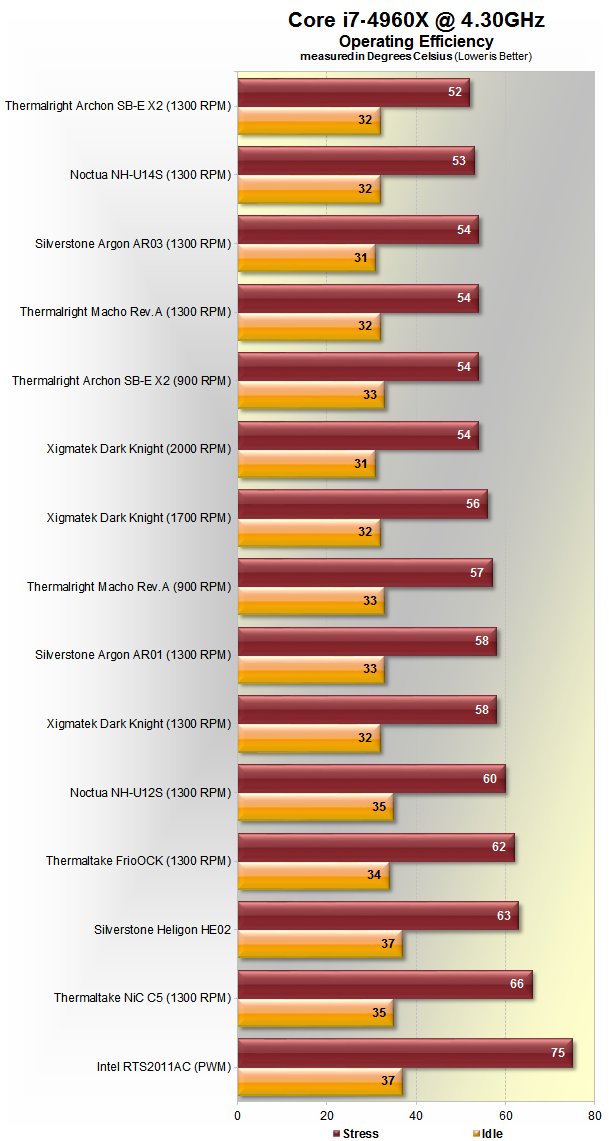Read the full article at:
[newwindow=https://www.techspot.com/review/756-water-cooling-vs-air-cooling/]https://www.techspot.com/review/756-water-cooling-vs-air-cooling/[/newwindow]
Please leave your feedback here.
[newwindow=https://www.techspot.com/review/756-water-cooling-vs-air-cooling/]https://www.techspot.com/review/756-water-cooling-vs-air-cooling/[/newwindow]
Please leave your feedback here.
